 The Union Quilters (Elm Creek Quilts #17) by Jennifer Chiaverini
The Union Quilters (Elm Creek Quilts #17) by Jennifer Chiaverini Series: Elm Creek Quilts #17
Published by Plume Books on February 1, 2011
Genres: Historical Fiction
Pages: 370
Format: E-Book, eBook
Source: Library
Buy on Amazon, Buy on Bookshop
This post contains affiliate links you can use to purchase the book. If you buy the book using that link, I will receive a small commission from the sale.
Goodreads
"Chiaverini has once again written an intense and beautiful book-so much so that readers will almost hear the hollow echo of the fife and drum as they immerse themselves in every compelling page . . . Truly unforgettable."-- BookPage
In 1862, the men of Water's Ford, Pennsylvania, rally to President Lincoln's call while Dorothea Granger marshals her friends to "wield their needles for the Union." Meanwhile, Anneke Bergstrom hides the shame she feels for her husband's pacifism; gifted writer Gerda Bergstrom takes on local Southern sympathizers in the pages of the Water's Ford Register; and Constance Wright struggles to help her husband gain entry to the Union Army—despite the color of his skin. As the women work, hope, and pray, the men they love confront loneliness, boredom, and danger on the battlefield. But the women of the sewing circle also forge a new independence that will forever alter the patchwork of life in the Elm Creek Valley.
I wasn’t sure I would enjoy this installment of the Elm Creek Quilts series, but the story picked up considerably in the second half of the book. In the end, I enjoyed it as much as the others, although I think I prefer the characters in the modern-day stories. This story centers on the ancestors of Sylvia Bergstrom, a master quilter and one of the founders of Elm Creek Quilts. It was well-researched and effectively captured the Civil War era. On a few occasions, it seemed as though Chiaverini let the forward motion of the plot stall at the expense of capturing period detail, but it wasn’t often, and I didn’t mind it. I enjoyed the character of Gerda Bergstrom. She takes no shit! Dorothea was another favorite character of mine. It was interesting to go back in time and see Sylvia’s ancestors. I would have enjoyed having a family tree in the book so I could figure out all the connections, but I purchased a copy of An Elm Creek Quilts Companion to examine the character relationships more closely. In part, it’s my fault that I’ve had trouble making connections, as I’ve been reading the series out of order. I think I’ll try to read the other books in order from now on. This volume in the series could easily stand alone, and anyone who enjoys Civil War-era historical fiction might like this book.
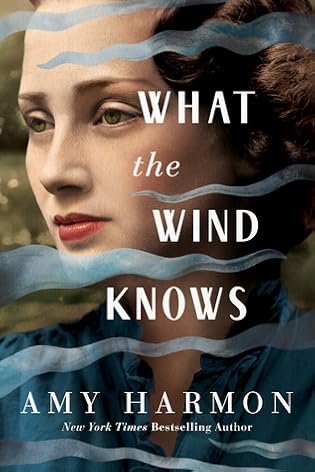 What the Wind Knows by
What the Wind Knows by 
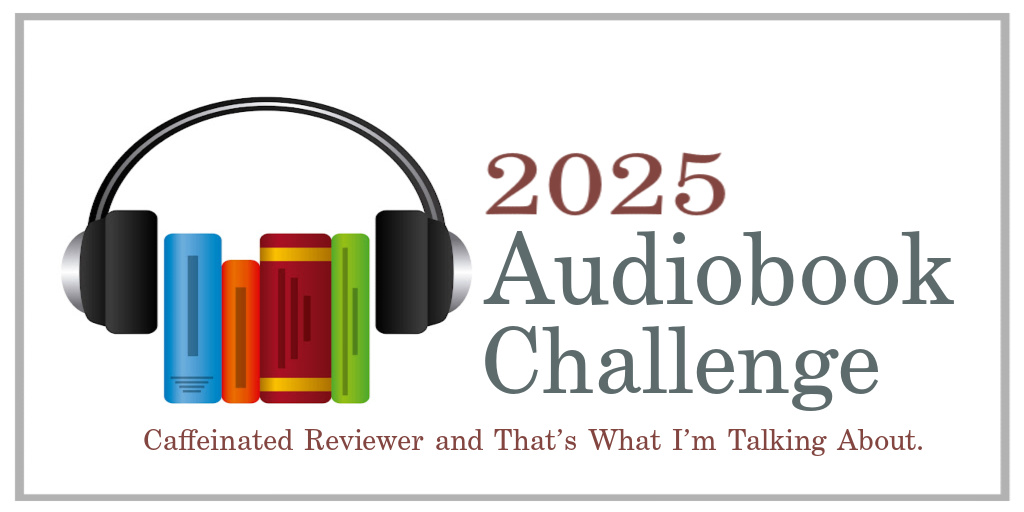
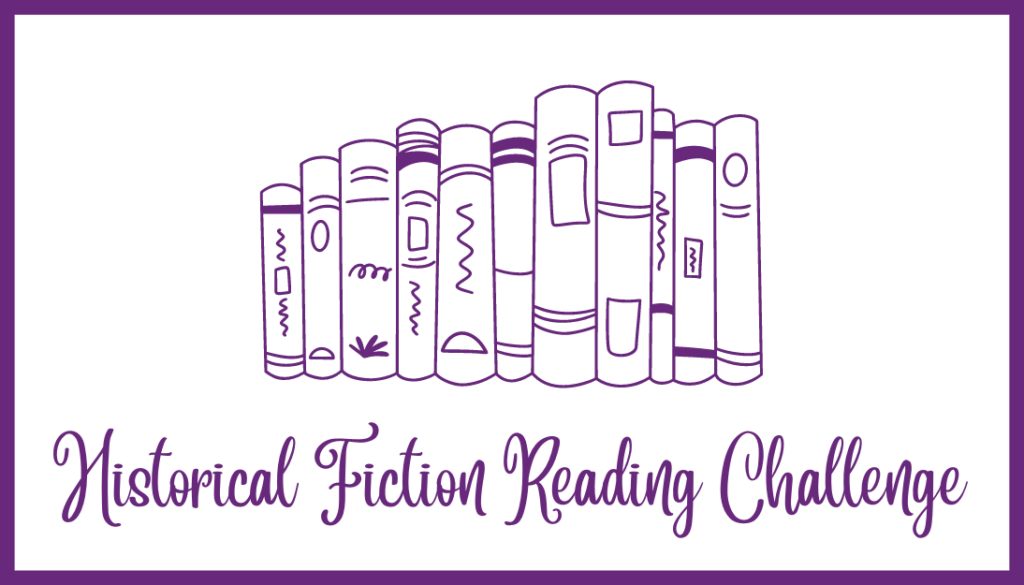
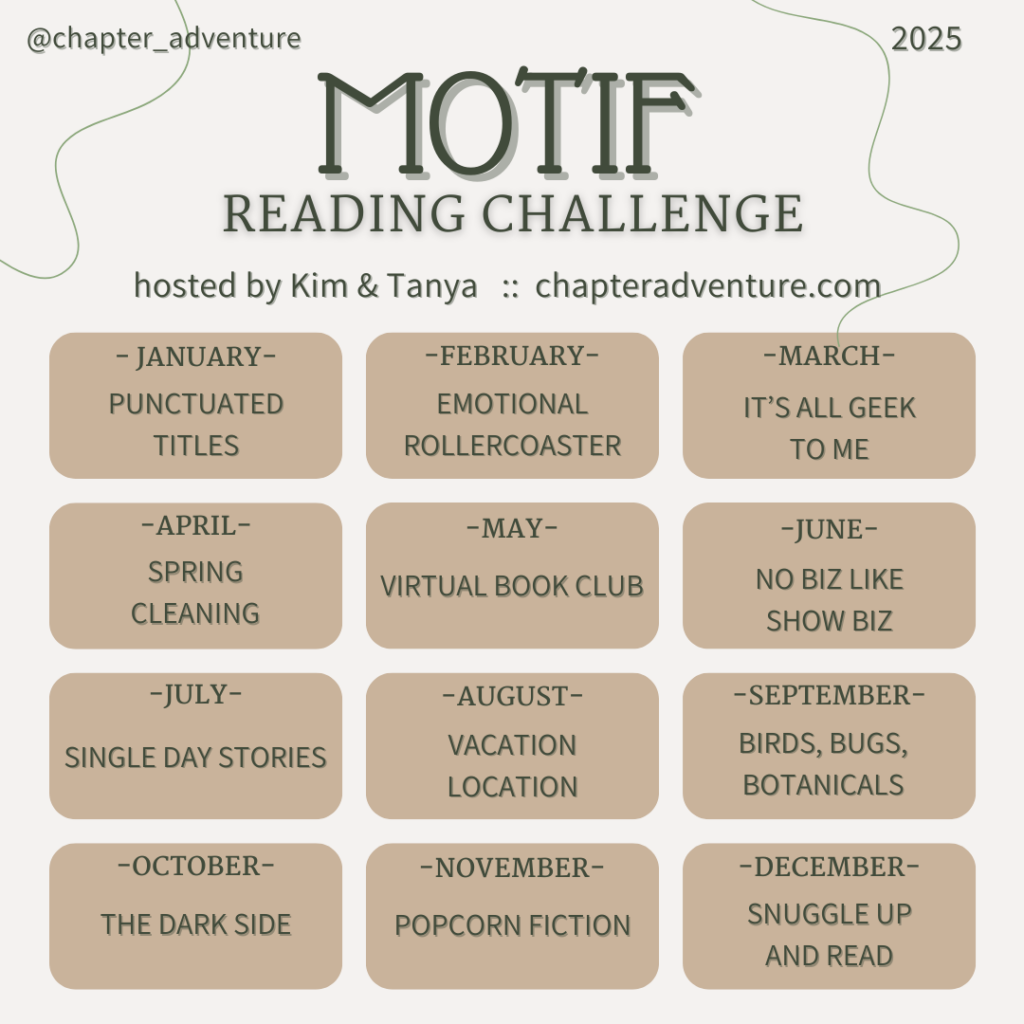
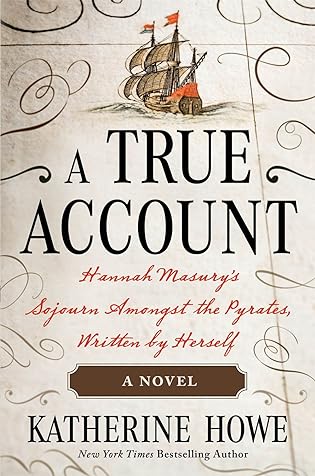 A True Account: Hannah Masury’s Sojourn Amongst the Pyrates, Written by Herself by
A True Account: Hannah Masury’s Sojourn Amongst the Pyrates, Written by Herself by 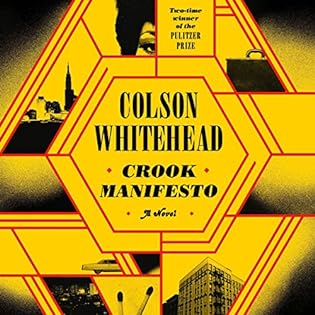 Crook Manifesto by
Crook Manifesto by 
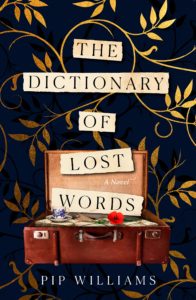 The Dictionary of Lost Words by
The Dictionary of Lost Words by 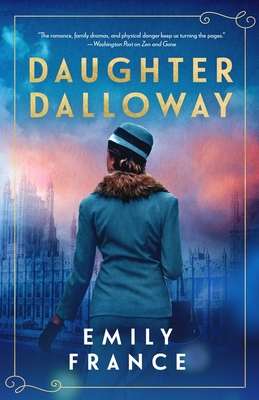 Daughter Dalloway by
Daughter Dalloway by 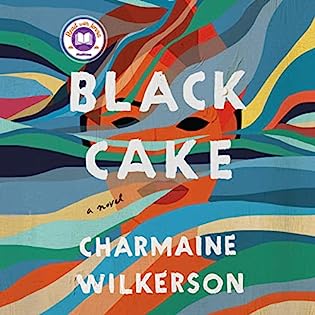 Black Cake by
Black Cake by 
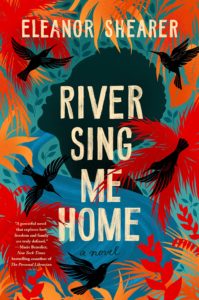 River Sing Me Home by
River Sing Me Home by 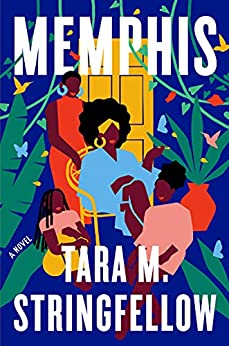 Memphis by
Memphis by